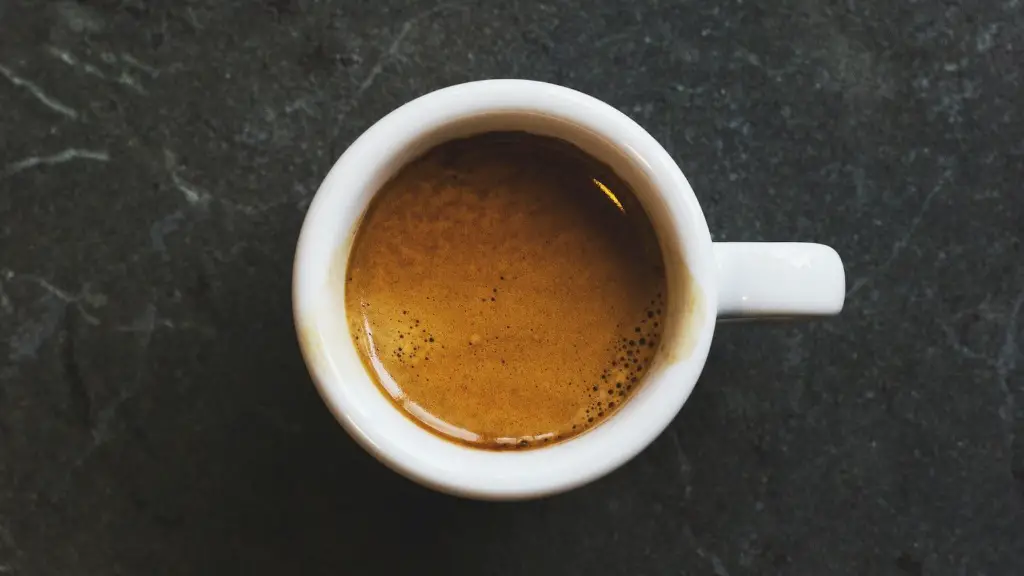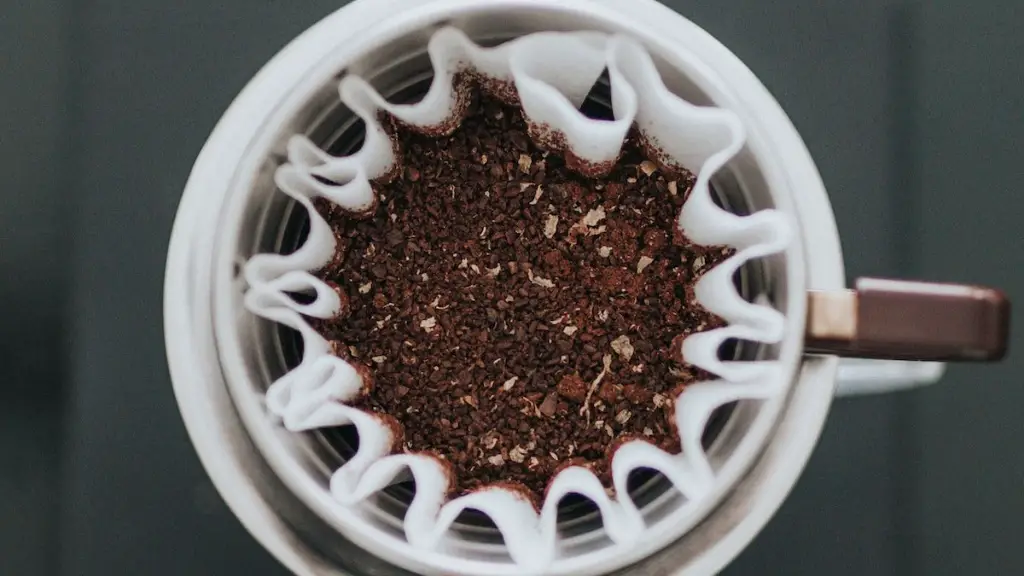Coffee has become known as the must-have morning beverage for many. But is it really healthy to drink coffee everyday? The answer is not so straightforward.
Coffee contains essential vitamins, minerals and antioxidants which can help boost energy levels, improve physical performance and enhance mental alertness, making it an undeniably beneficial part of a healthy diet.
Dr. Monika Karmakar, a nutritionist, sheds light on the long-term effects of drinking coffee too much. “Drinking more than 4-5 cups of coffee a day can lead to restlessness, headaches, anxiety and insomnia. It is also important to consider how you consume your coffee. Adding sugar and cream can potentially lead to obesity and other health issues.”
So, in moderation and without additives, there really is no reason why drinking it becomes more of a bad thing than a good thing, particularly when you consider that many studies have actually declared that drinking coffee could potentially lower the risk of developing type 2 diabetes and certain types of cancer and heart diseases.
Dr. Deepak Kumar, a health expert, mentions “Coffee can also help reduce depression or boost your mood, focus and creativity. Drinking one cup of coffee a day helps maintain a healthy lifestyle and can be an enjoyable daily routine. However, any more than this and side effects can become more prominent. It’s important to keep in mind that coffee isn’t a health food, it does contain caffeine and should be consumed in moderation.”
Therefore, the key is really to find the balance – it’s okay to have a cup or two of coffee a day but don’t drink it without your senses, put it into careful consideration.
Genetic Factors
Instances where individuals are more affected by caffeine than others, personally depends on the person in particular. The way one’s body breaks down caffeine is largely determined by genetics – some will find it easier to break down and eliminate caffeine from the body and some will take much longer. A lot of people are not able to break down caffeine quickly, which can result in an excess build up, therefore it is much better to limit the amount of coffee you drink or alternate each day so you don’t get used to it.
For those people that can handle caffeine, the amount of coffee one can handle will be different for each person. Usually, the body will naturally tell you when to stop.
The Benefits
Coffee has numerous health benefits. It is one of the richest natural sources of antioxidants in the world and can help reduce inflammation and fight off chronic diseases. It can help improve physical performance and enhance mental alertness, by boosting energy levels, productivity and positive well-being. Furthermore, coffee can help protect against age-related damage, improve skin health and overall health. Studies have also suggested that coffee could reduce the risk of developing type 2 diabetes and certain types of cancer and heart diseases.
Alternatives
If you are concerned about the long-term effects of coffee, there are plenty of alternatives which you can enjoy. There are various ‘coffee’ alternatives e.g. dandelion root coffee, which is known to be rich in minerals and has anti-inflammatory properties and chicory root coffee which is a great source of essential vitamins and minerals such as zinc, magnesium and iron. Additionally, you can drink herbal tea, herbal infusion and smoothies to give yourself the boost you need to stay energised throughout the day.
Moreover, there’s also something called a “poor man’s coffee”, which is made from a combination of grains, nuts and some spices. Brown rice flour, ground nut flour and ground cinnamon are great ingredients to try in combination with hot water or plant-based milk.
Side Effects
Excess coffee consumption can be dangerous and can lead to restlessness, headaches, anxiety and insomnia. If drinking coffee results in any of these symptoms, then it would be better to avoid drinking it. For some people, even low doses of caffeine can adversely affect their mood and result in irritability, nervousness and difficulty in concentrating.
Coffee also contains caffeine, which is a stimulant. While coffee can give you a natural energy boost, drinking too much can leave you feeling anxious and jittery. Regularly drinking too much coffee can result in a lack of focus and decreased concentration.
Aside from the health risks, too much coffee can also be bad for your finances. Drinking too much coffee can add up, so you may want to scale back on your coffee consumption if you’re trying to save money.
Making Coffee Healthier
To make coffee healthier, it is important to drink it without sugar and cream, and stick to one cup a day. Additionally, switching to skim milk or using more beneficial alternatives like almond milk or soy milk is a great option if you’re looking for something healthier. Another great way to make coffee healthier is by adding prebiotic-rich ingredients such as coconut oil, grass-fed butter and ghee to your morning cup of coffee.
If you’re still worried about too much caffeine, some healthier, low-caffeine alternatives to coffee include matcha, green tea and chai that all offer a good amount of nutrition, with extra benefits such as antioxidants and anti-inflammatory compounds.
Conclusion
In conclusion, there should be no need to give up coffee for good; as long as it is consumed in moderation and as part of a balanced diet, it can be beneficial and may even have some potential health benefits. However, it is important to consider the potential risks of drinking too much coffee, in particular the effects on mental and physical performance, as well as the financial aspect.
Ultimately, it all boils down to making the right decisions and, if necessary, looking for healthier alternatives. As long as you are aware of the risks and what to look out for, it should be possible to continue enjoying coffee, be it as part of a regular daily routine or on rare, special occasion.




